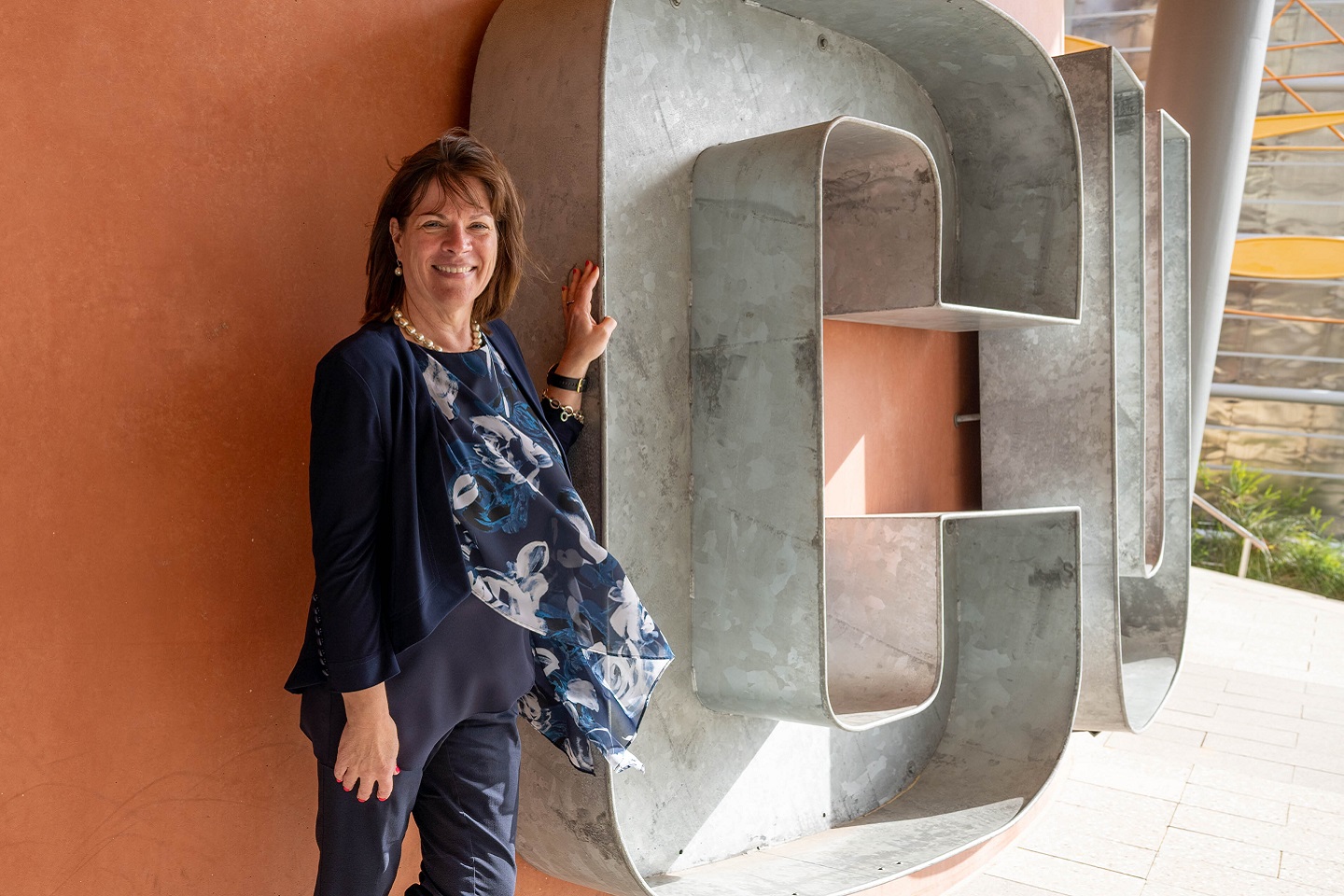WA’s largest university is well placed to benefit from a federal commercialisation program.


Curtin University is one of eight higher education institutions eager to learn the outcome of its bid to share $242.2 million in federal government funding to develop one of four university-based commercial research hubs.
The Trailblazer campaign is aimed at accelerating the nation’s innovation program and one of several government-funded initiatives designed to boost collaboration between industry and universities.
Launching the scheme three months ago, Prime Minister Scott Morrison said he wanted: “Universities to play a bigger role in our economy, working hand in glove with Australian businesses to develop the next generation of great Australian products and companies.”
Before the scheme’s launch, the government had claimed university researchers were being incentivised to publish and have their work cited as regularly as possible, but not encouraged to take research outputs from the laboratory to the market.
While the government believes Australian universities deliver high-quality, pure and basic research, they experience challenges in recasting research outputs into breakthrough ideas, products and new businesses.
Successful Trailblazer applicants will each receive up to $50 million over four years to boost research outputs.
Funds can be used to support research and development projects, on staff and equipment, and on opportunities to increase collaboration with industry.
Extra funding is also available to provide for specialist infrastructure to support individual hubs.
The four Trailblazer university hubs will be tasked with leading Australia’s effort in research commercialisation alongside delivering on national manufacturing priorities.
In total, 21 proposals from universities across the country were received. Each addressed priority industries featured in the government’s Modern Manufacturing Strategy, including defence, space, resources, technology and critical minerals processing, recycling and clean energy, food and beverage, and medical products.
Led by vice-chancellor Harlene Hayne, Curtin is the only university in Western Australia to make the short list, with its proposal to deliver commercial capabilities in resources, technologies and critical minerals. The Curtin-led proposal is in partnership with two Queensland universities and 35 industry partners involved in lithium, nickel, cobalt, vanadium and hydrogen resources.
Other short-listed applicants are: the University of Queensland (accelerating growth in Australia’s food and beverage manufacturing); Charles Sturt University (reshaping Australian manufacturing – food and beverage commercialisation hub); Deakin University (recycling and renewable energy commercialisation hub); the University of New South Wales (Australian trailblazer for recycling and clean energy); the University of Adelaide (defence trailblazer for concept to sovereign capability); the University of Melbourne (medical products trailblazer); and the University of Southern Queensland (innovative launch, automation, novel materials, communications and hypersonics hub).
While universities appeared to welcome Trailblazer when it was announced late last year, the scheme has not been without critics.
The National Tertiary Education Union expressed concerns Trailblazer would create a new class of university because the funds were being restricted to four university hubs. Some institutions were critical of the two-month timeframe for initial proposals, and others in industry claimed most universities lacked commercial readiness for such a significant undertaking.
Concerns were also raised that the assessment panel was short on actual university experience. While the program’s guidelines state that proposals will be “assessed by a panel of university, industry, science and research leaders”, the six-member panel includes only one from the university sector – a former vice-chancellor.
Despite these concerns, the hubs represent an important step in bolstering local industries at a time when our reliance on overseas manufacturing has been highlighted during the pandemic.
Short-listed applicants have been invited to submit a detailed business case by the middle of this month to help the panel select the four hubs.
Final bids will be assessed on their “commercialisation readiness”, “industry alignment” and “research capability to support a national manufacturing priority”.
The program’s guidelines make it clear the four hubs will be spread across Australia and include one non-metropolitan headquartered university.
With the Curtin-led hub the only one from WA to make the short list, and Trailblazer guidelines mentioning the need for an even distribution, it is hard to imagine the state’s largest university will not be one of the final four when the government announces successful bidders at the end of this month.
• Professor Gary Martin is chief executive officer with the Australian Institute of Management WA














